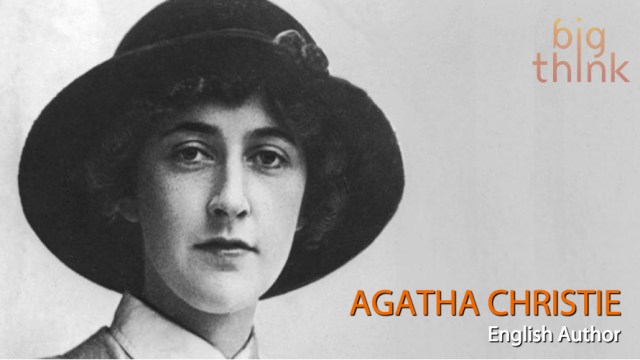Blindfolding Doesn’t Help People Understand What It’s Like to be Blind

“You never truly know someone until you’ve walked a mile in their shoes.” It’s an old adage that speaks for humanity to experience or imagine another person’s situation in order to understand. Put on a blindfold, for instance, and you’ll instantly know what it’s like to be blind. Perhaps not, according to one study.
Ben Richmond from Motherboard writes on a recent study that shows people who experience simulated blindness perceive blind people as less capable. The lead study’s author Arielle Silverman, who is a PhD candidate at CU-Boulder’s Department of Psychology and Neuroscience (and blind), spoke to Richmond in an interview, saying:
“Disability activists have long argued that simulations give a falsely negative view of disability.”
This view may give some the impression that blind folks are less capable than those with sight. In order to prove this hypothesis, Silverman and her team gathered 100 student participants. Some of the participants were blindfolded and asked to perform simple tasks from walking down a hallway to sorting coins. At the study’s conclusion, 53 percent of participants who were blindfolded came away with the impression that blind people are less capable. Where only 34 percent of people who were not blindfolded thought the same.
“Participants’ attitudes were harmed because the blindfolded experience led them to believe that blind people cannot perform activities as well as people with normal vision. While all participants tended to have this belief, it was more intense among the participants who had just simulated blindness.”
Of course, Silverman disagrees with this notion. Technology has come a long way, she says, allowing the disabled to perform some duties without the need of an assistant.
The issue that concerns her most is that blindness simulations are often used as educational tools for students and teachers–without first consulting a blind person. If participants are coming away with the notion that the blind are less able than people with sight, then these “blind simulations” don’t adequately represent their true abilities. Her fear is that this perception could create a misunderstanding that could hinder someone from gaining access to certain jobs where managers may think the applicant wouldn’t be able to carry out their duties adequately.
“In my view, any educational exercise about disability should be guided first and foremost by people with disabilities, and these individuals should be front and center in delivering the exercise to students. If simulations are used at all, they should be crafted so as to present participants with a balanced perspective on the positive, negative and neutral aspects of having a lifelong disability.”
Read more at Motherboard
Photo Credit: Shutterstock





